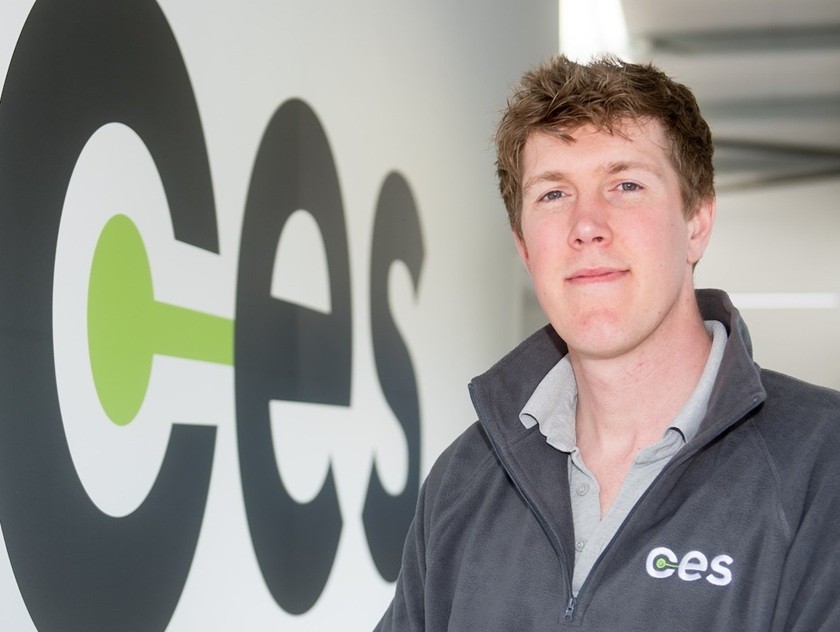Strict environmental targets for commercial properties could leave landlords with an unlettable portfolio if action isn’t taken now to improve sustainability and efficiency.
Joe Collison, managing director of Shropshire-based specialist electrical contractors CES, has urged landlords to act quickly to make sure their properties are futureproofed ahead of regulations tightening in 2027 to avoid fines of up to £150,000.
“By then, it will be unlawful to let a property that has an Energy Performance Certificate (EPC) rating lower than C – by 2030, that target becomes an EPC of A or B," said Joe.
“Non-compliance with these regulations is likely to bring hefty fines, so it makes good financial sense to get your properties up to standard now, especially for energy-hungry businesses like manufacturing. 
“The Minimum Energy Efficiency Standards (MEES) were introduced by the previous Government in 2015 and there is no indication that the current Government will reduce those targets. Many landlords and businesses have been guilty of kicking the can down the road, but now they really are running out of time to get it sorted. There is also a very real risk that some landlords might not know the rules have changed and so are oblivious to the fines that might be dropped on them.
“Realistically, achieving an EPC of grade C in 2027 is going to be difficult for most properties let alone achieving a grade B from 2030, without significant investment in renewable technologies.
“The pay-off, of course, is that the investment will be repaid many times over in the form of lower or no energy bills.
“At CES, we specialise in helping businesses to upgrade their electrical systems so that they are well positioned to benefit from these greener technologies, and the cash savings that come from them.
“Coupled with measures like better insulation, and better designed doors and windows, technologies like air source heat pumps and solar panels can transform how businesses heat and power their buildings.
“Large buildings, for example, have a lot of roof space which is perfect for housing photovoltaic panels to generate energy from the sun. This is not some vague wishful pipedream for years ahead either – there are already large manufacturing sites across the country which are wholly or largely powered by solar.
“Battery technology has also made huge leaps forward over the past few years, making the storage of all that free energy even easier.
“Our expert team at CES can offer everything from design of electrical systems through to the installation and commissioning to make sure properties will meet the required standards going forward. We work closely with global solar panel giants Maxeon SunPower to make sure the solar systems are the best on the market.
"We can also advise businesses about what financial help might be available through government-funded grants such as the Enhanced Capital Allowance Scheme offered by the Carbon Trust, and help guide you through the application process.
“I can’t imagine that the new Government will do anything other than enforce these regulations according to the original timescale, so businesses and landlords have less than two years to make sure their properties are at least at EPC C standard, and less than five years to achieve the very tough EPC B.
“It is projected that up to 80 per cent of commercial buildings would fail to meet the 2030 deadline as they stand now, so this isn’t a small problem looming over the horizon. I would hope the Government would consider increasing the financial help available to businesses and landlords to make sure these targets can be met on time but, as yet, there has been nothing announced.
“These measures might seem draconian, but they are needed to make sure the UK can hit its target of Net Zero by 2050. Even that will probably not be enough to protect us from all of the effects of ever-increasing global temperatures and instability – fossil fuels are becoming more difficult and less cost-effective to extract, so we need to ensure that UK businesses have everything in place to make sure they can keep on working well into the future.”
Pictured: Joe Collison of CES